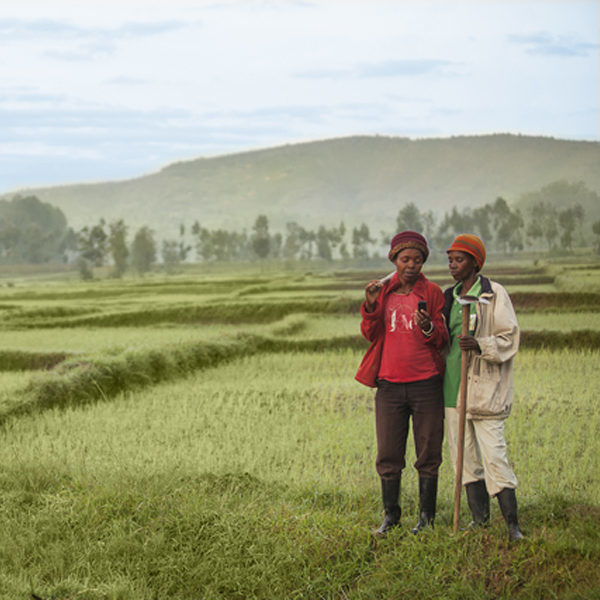
Mastercard Foundation Symposium on Financial Inclusion
Why does the Mastercard Foundation Symposium on Financial Inclusion focus on improving the client centricity practices of financial service providers? Because we see this as key to enabling two billion people in the world, currently excluded from the formal financial services industry, to have safe, convenient and affordable access to banks and other service providers.
Why is that important? Because research demonstrates the link between financial inclusion and improving the living standards of people in low-income communities. As the World Bank’s latest global Findex report stated, “Studies show that when people participate in the financial system, they are better able to start and expand businesses, invest in education, manage risk, and absorb financial shocks. Access to accounts and to savings and payment mechanisms increases savings, empowers women, and boosts productive investment and consumption. Access to credit also has positive effects on consumption — as well as on employment status and income and on some aspects of mental health and outlook.”
Advances in financial inclusion, however, can only come when people see financial service providers as being in tune with their needs, expectations, and even desires. In other words, “you might build it but they won’t come” unless they see that financial products and services have been designed with their needs specifically in mind. This has been difficult to achieve in developing countries. The priority for banks and other financial institutions is understanding another consumer segment: those with money who are likely to save more, borrow more, and therefore contribute more to a bank’s bottom line.
Working to understand the needs and behaviours of poor people is not substantively different than doing it for wealthier clients. There are a variety of tools to use and increasingly, the financial services industry is turning to behavioural economics and its insights to shed light on why people make the economic and financial decisions that they do.
Classic economics teaches us that people behave rationally, that they seek to maximize their own economic well-being based on their analysis of all available information and after weighing all available choices. Yet we can all recount instances where we, or people we know, made decisions that were not in our best economic interest. Whether we rely on internal biases, or “go along with others” in their decisions, or simply fit purchase or investment choices into our own mental models about how things should be (and not how they really are), we are often sub-optimal in our decision-making.
This year, our Symposium on Financial Inclusion will devote more time to explore and understand the behavioural aspects of client decision-making, and how financial service providers can use that information to better respond to what poor people want. Gaining insight into how we process information and what shapes our behaviours as consumers can lead providers to design products and services for the most economically disadvantaged and earn a small profit. This is a key point: although we all understand the benefits of altruism, no financial services firm can be sustainable unless it can find a way to earn more than it dispenses.
Balancing the needs, then, of low-income clients as well as those of financial institutions that serve them is the over-arching challenge of financial inclusion. For the past four years, our annual Symposium has brought together professionals from the global financial inclusion community to learn about best practices, discuss the latest innovations and insights, and to share knowledge about potential opportunities.
This year’s Symposium on Financial Inclusion will be held in Kigali, Rwanda on October 20–21, 2016. Rwanda has made remarkable progress on the road to universal financial inclusion but challenges remain. We will welcome more than 300 invitees to continue the conversation on client centricity and how it drives financial inclusion.
The Symposium will take place over the last two days of the global Financial Inclusion Week, sponsored by our partner at the Centre for Financial Inclusion/Accion. We hope that you’ll participate in the various virtual events taking place that week, and that you’ll follow the sessions at the Symposium on Twitter with #SoFI2016.


